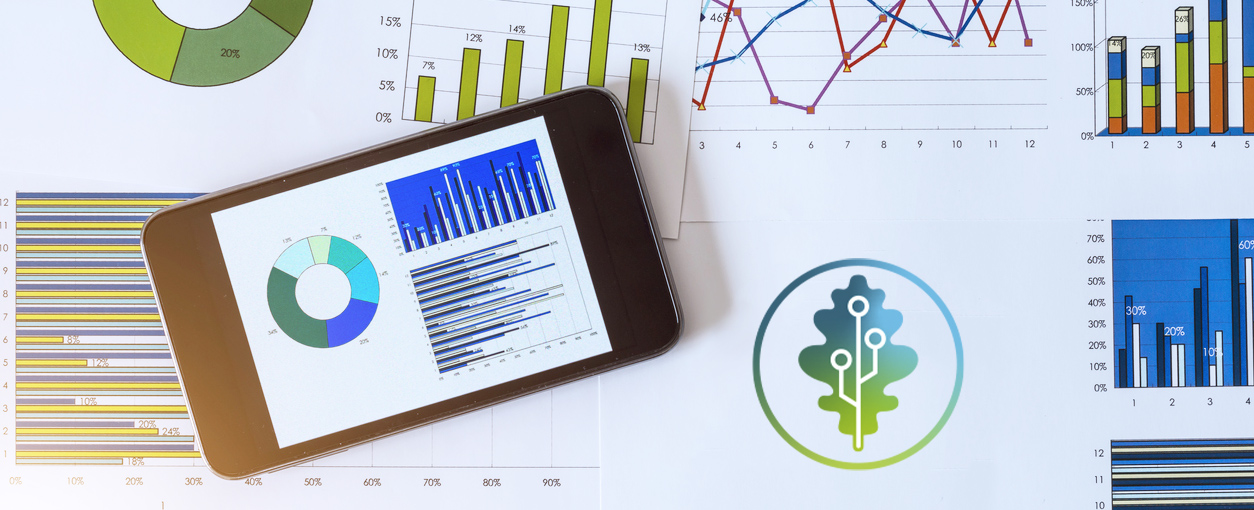Google first announced its latest analytics product, a cookie-free system called Google Analytics 4 (GA4), back in October 2020. It will soon become Google’s exclusive analytics option and requires updates for website owners. If you’re still on the fence about moving your site to Google Analytics 4, the time is now. We’ll help you understand what’s new, what’s different and why now is the time to update your website.
Universal Analytics vs. Google Analytics 4
If you’re already gathering user data from your website, chances are you’re using Google’s Universal Analytics. Universal Analytics uses cookies, or small files stored on a user’s browser that tell Google things about the user. Cookies can track the location where a visitor is coming from, what type of device they’re using, what pages they’re visiting, and even what sites they visited before coming to yours.
Universal Analytics has been the gold standard in website analytics since its launch 10 years ago. However, times are changing. Over the past couple of years, major players in the industry like Apple and Google have responded to the increased demand for user privacy and announced that they will move away from cookie-based tracking systems.
Google Analytics 4 is the future in website analytics. It takes the emphasis away from cookies and instead uses machine learning and behavioral modeling to deliver key insights about your website.
Key GA4 Highlights Include:
- Increased Privacy – for example, GA4 does not collect or store user IP addresses.
- Focus from Users to Events – in fact most activity in GA4 is now called an Event. More on that below.
- Fewer standard reports – just three standard reports out of the box. You create the reports that you need.
- Web + App – GA4 now combines website & app data into one.
Events Explained
Universal Analytics relies on hit-based tracking to provide user insights. Everything a user does on a website within a set period of time is tracked as a hit. Examples of hits include things like pageviews, ecommerce, social interactions, etc. In contrast, GA4 is an event-based measurement and user activity is recorded as such.
There are four types of Events included in GA4 -
- Automatically Collected – events that are available right at setup and include things like pageview, first visit and session start.
- Enhanced Measurement – includes outbound clicks, site search, video engagements and more.
- Recommended – If you’re unsure where to start, Google has a list of recommended events to track.
- Custom – With GA4, you can create up to 500 different custom events.
Hit Type in Universal Analytics Measurement in Google Analytics 4 Pageview Event Event Event Social Event Transaction Event Exception Event App/User Screen View Event
Now is the Time to Update Your Site
Right now, Google’s official deadline for switching to GA4 is July 1, 2023. But that doesn’t mean you should wait until then to make the switch. There are many reasons to consider moving your site now including:
- GA4 requires new tracking codes. Your site tags will need to be updated.
- Universal Analytics data does NOT move with you to GA4. Access to historical data will be turned off within months of the official July 1 switch.
- Switching your analytics now gives your organization time to test, create new reports and understand your new data.
- You can run the two systems side-by-side to better understand the similarities and differences.
Greenleaf Media is here to help get your website up and running with Google Analytics 4. From updating your tracking codes, to creating custom reports and analyzing the data, we’ve got your covered. Send us an email at This email address is being protected from spambots. You need JavaScript enabled to view it. or call us at 608-240-9611 to get started today.
